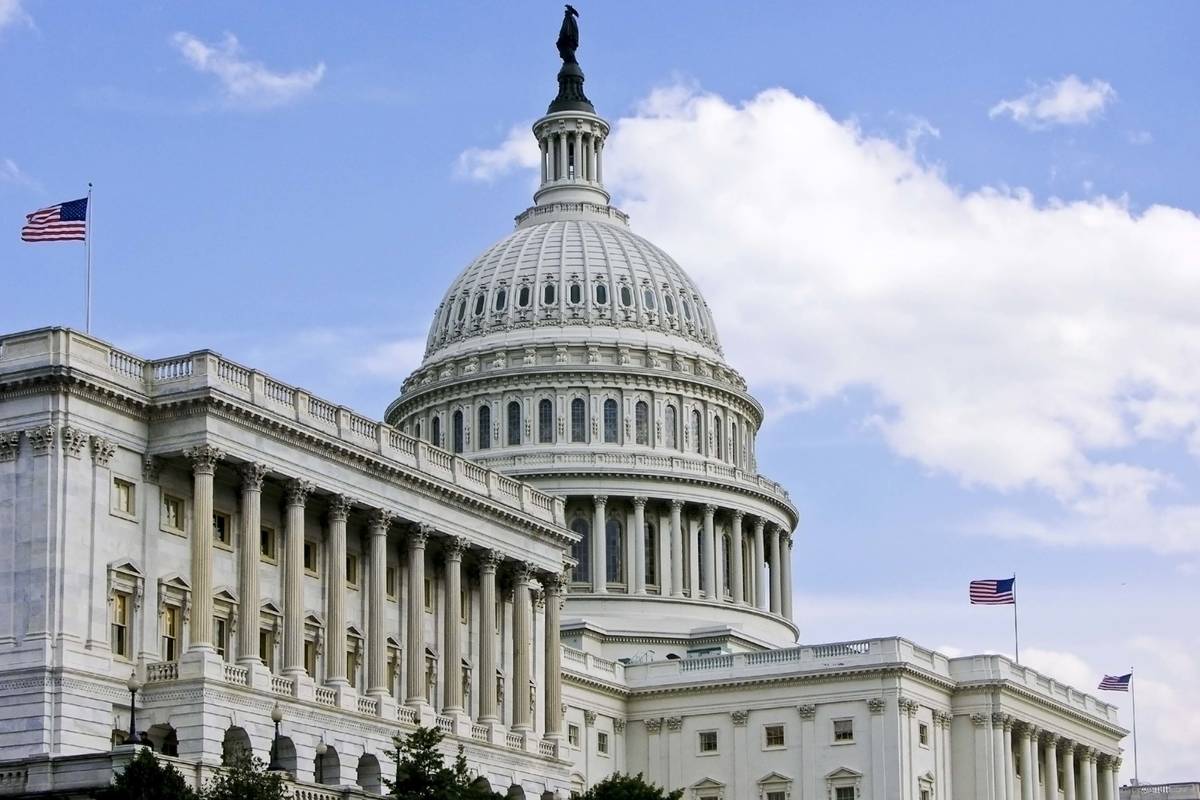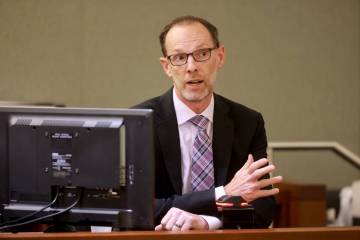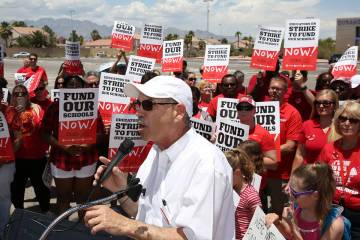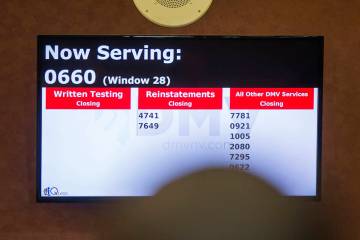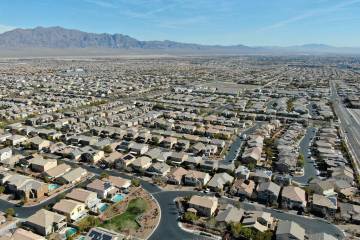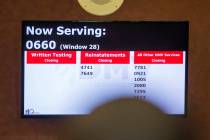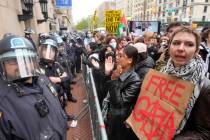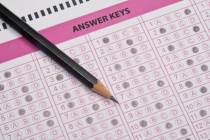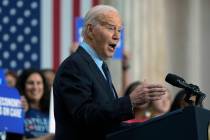EDITORIAL: Grifters and COVID relief
Florida roofing company executive Casey David Crowther was sentenced this week to 37 months in federal prison after being convicted of using $2.1 million in fraudulently obtained Paycheck Protection Program loans to buy a $700,000 boat, among other things. According to BusinessObserverFL.com, evidence at trial showed that Crowther obtained the COVID-19 relief loan by falsely stating he planned to use the funds for payroll, rent and utilities for his company.
While Crowther’s actions landed him behind bars, his ill-begotten gains are but a drop in the bucket compared with the hundreds of billions of relief loan dollars the Small Business Administration has doled out to fraudulent applicants since the beginning of the pandemic, according to news accounts. When the federal government starts handing out free money — even for the most noble of causes — the grifters and con artists won’t be far behind.
William Yeatman of the Cato Institute notes that “some level of waste is acceptable in an emergency.” But the staggering level of mismanagement concerning fraudulent SBA loans, he argues, “undermines the case for ‘big government’. ” He’s right.
Writing for reason.com this week, Mr. Yeatman reports that Congress has authorized roughly $5.9 trillion in spending to counteract the social and economic effects of COVID-19. Of that, $4.32 trillion has been disbursed or committed already. Included in that spending are the SBA’s two pandemic relief programs — the $813 billion paycheck protection plan and the $367 billion Economic Injury Disaster Loan program. Those two aid funds account for more than $260 billion in fraud. That’s unacceptable.
In the government’s haste to cut checks, the SBA — which already had a reputation for mismanagement — ignored basic lending practices involving lender creditworthiness and eligibility. In addition, Mr. Yeatman argues, the agency relaxed underwriting controls for lenders and waived basic documentation requirements such as financial statements and income tax returns. The result has been predictable.
Even after an independent auditor and the SBA’s own office of the inspector general warned of considerable existing and potential fraud, the agency chose not to “formally estimate improper payments, conduct a fraud risk assessment or develop a strategy to monitor and manage fraud risks in the PPP on a continuous basis,” Mr. Yeatman reports, until virtually all of the loans had been authorized.
According to the Congressional Budget Office, federal COVID-19 relief spending will cost each household in the United States roughly $41,000. And big government bungling will only add to that total. Remember that the next time liberal activists argue that a government takeover of health care, energy or any other economic sector will benefit taxpayers.



